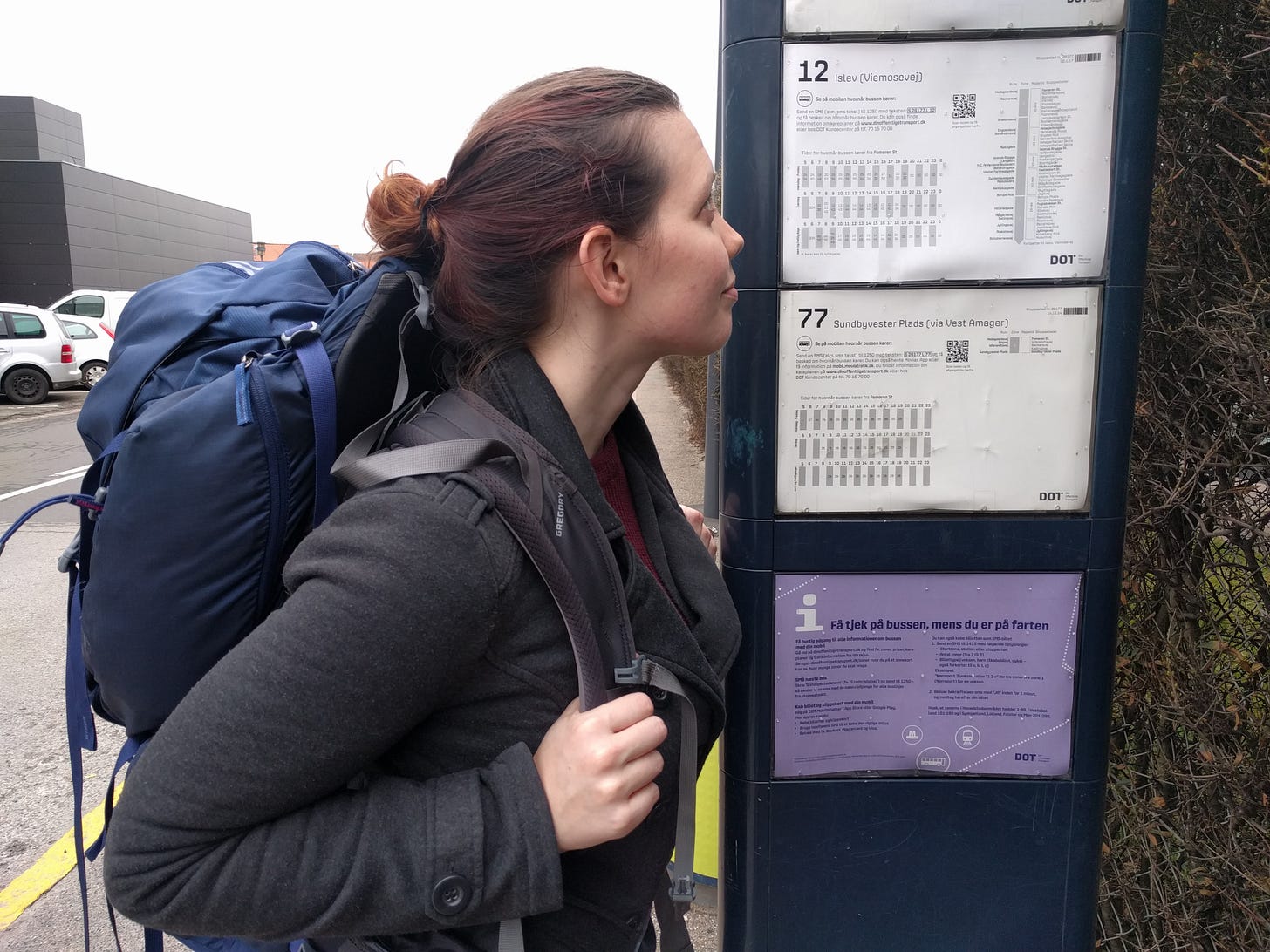The mental cost of a reorg: who am I here anymore?
What hurts more than a layoff? A reorg that leaves you wondering if your work (and your identity) still matter
While Meta’s recent 5% workforce reduction targeting “low performers” dominated headlines, a quieter organizational earthquake may be inflicting deeper psychological damage on the teams that remain. Just weeks after those layoffs, Mark Zuckerberg announced yet another restructuring. This time he’s splitting Meta’s AI division into four groups, abandoning projects like the Behemoth model, and shifting the company’s open-source philosophy toward potentially closed models.
For thousands of employees who survived the cuts, this represents something psychologically distinct from layoff anxiety. Research in organizational psychology shows that restructuring creates a unique form of workplace stress that attacks professional identity in ways job loss fears don’t. As Zuckerberg declared 2025 would be “an intense year,” he may have understated just how intense—not because of workload, but because of what reorganizations do to the human psyche.
The science of “what am I supposed to do?”
At the heart of reorganization stress lies role ambiguity, or the lack of clarity about what actions employees should take to achieve their goals. Unlike the binary fear of layoffs, role ambiguity creates a more insidious uncertainty that erodes professional identity from within.
Research consistently shows that role ambiguity undermines employees’ understanding of what they’re expected to do, how to achieve it, and how their work will be assessed. It’s the difference between fearing you might lose your job and not knowing what your job even is anymore.
Meta’s AI restructuring exemplifies this. Researchers hired to advance the company’s open-source philosophy may now be asked to build closed models, fundamentally changing not just their daily tasks but the very reason they joined. And with reporting structures still “fluid” and projects scrapped after months of work, identity disruption becomes inevitable. Studies from the National Institute of Occupational Health confirm this: shortly after restructuring, employees consistently report lower role clarity and more uncertainty about their responsibilities.
Why reorgs hit different than layoffs
The psychological distinction matters more than most leaders realize. Both create stress, but they activate different systems in the brain.
Layoffs create fear-based stress. Research on job insecurity shows the threat is binary—you either keep your job or you don’t. Anxiety here is painful, but clear, and is typically met with concrete steps like job searching or financial planning.
Reorganizations create identity-based stress. A study in the Norwegian petroleum industry found restructuring was linked to the largest decline in psychosocial work environment quality—even more than layoffs. Why? Because it destabilizes professional identity. At Meta, the shift from open to closed AI development doesn’t just change workflows; it challenges the beliefs and values that drew many researchers there in the first place.
I’ve felt this personally. When Spot AI restructured, my role changed so much that I found myself questioning my entire purpose as an engineering leader. It wasn’t about job security or competence, it was about whether the mission still aligned with who I was professionally and if I still had a place in the next chapter of the company. I knew my job was secure, but my identity was not.
The contagion effect: when uncertainty spreads
Reorg stress doesn’t stop with individuals. Ambiguity spreads through teams via emotional contagion. One person’s role confusion amplifies everyone else’s stress, creating organizational vertigo.
Meta’s AI division is showing this in real time. The New York Times reported “old guard have chafed at new hires” and noted “internal tensions.” High-profile departures like Joelle Pineau and Angela Fan don’t just mean lost colleagues. They remove psychological anchors. Each exit forces others to wonder: “What do they know that I don’t?”
When leaders like Alexandr Wang start questioning employees about past work, the implicit message is that yesterday’s contributions may no longer matter. That’s how team-wide anxiety takes root, often triggering turnover even when no layoffs are planned.
What leaders can learn
Research points to clear strategies for minimizing damage during reorgs:
Communicate clearly. Role ambiguity thrives in silence. Yet when asked about the AI restructuring, Meta’s spokesperson declined to comment. That’s a recipe for amplified anxiety.
Explain the why, not just the what. Ambition is not enough. Employees need to see how the restructuring connects to broader goals.
Acknowledge the identity challenge. Shifting from open to closed AI is more than operational. It’s philosophical. Leaders who don’t address that openly leave employees to process it alone.
Support team cohesion. Departures weaken the psychological fabric. Without added support, teams can fracture.
Sequence changes better. Dropping a major reorg immediately after layoffs doubles the psychological hit. Timing matters.
The human cost of superhuman ambitions
Meta is betting $72 billion on AI, but the real risk isn’t technological. It’s psychological. Talent can’t thrive in sustained ambiguity. If leaders don’t address the identity shock and role confusion reorgs bring, no amount of investment will save their best teams from walking.
Zuckerberg’s vision of “superintelligence” may depend less on algorithms and infrastructure than on whether his people can find clarity, meaning, and stability in the middle of chaos.



